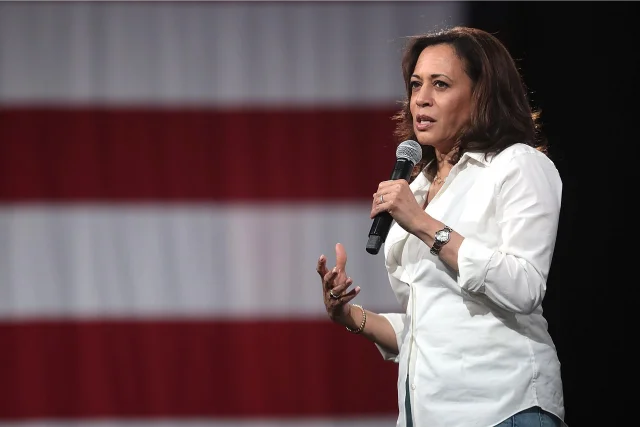There was good news for Democrats, and especially Kamala Harris, on multiple fronts in recent days.
To begin with, Harris benefited on the economic front following news of a robust jobs report last week. Inflation — which has been a major source of anxiety for Democrats — has also slowed. A port strike threatening to hamper the economy was suspended.
A string of new polls also shows Harris with a lead.
This is a good sign after her successful debate against Trump on Sep. 10.
A New York Times/Siena College poll on Tuesday, for example, found Harris ahead of Trump nationally, with 49 percent support to his 46 percent, in a head-to-head match-up among likely voters.
A Reuters-Ipsos survey also showed Harris with a 3-point edge — 46 percent to 43 percent — over Trump.
But the polls in the battleground states are tighter. The Hill/Decision Desk HQ polling average for swing states shows that no one has a lead of even a single percentage point in the nation’s seven key swing states.
This presidential election period is possibly among the closest presidential elections in history – and it’s nerve-racking for Democrats.
Everything is deadlocked and the composition of the electorate is unknowable, and there are so many things that are unprecedented.
This election is by far among the most unique in recent history. There is simply no other election we can look back on to compare this to.
America has never had an African American woman running for president. A former president is running again two terms later. There have been two assassination attempts on the Republican candidate. And Americans certainly haven’t previously switched out a candidate two months before Election Day.
Those who say they aren’t nervous about this election are simply not paying attention.
One of the most central issues for people is that Harris’s economic message simply isn’t resonating.
Her sit-down interviews on “60 Minutes” and “Call Her Daddy”, among others, did not alleviate concerns. Her policies are not clear, and many voters are still unsure about where she stands on housing, education, grocery prices, and other economic factors.
For Harris to win, she needs to get her messaging out to the American public in a manner that alleviates these concerns.
Trump still leads in most surveys about the economy, which frequently ranks as the top concern for voters. The Harris campaign and Democratic allies believe she must erode that advantage and at least fight it to a draw.
This race is tight, and Harris can win both the popular and electoral vote if she spends the next few weeks, the last leg of this election race, tightening her messaging and clarifying once and for all how she will help the America emerge from the current economic crisis and lower costs for everyday Americans.
